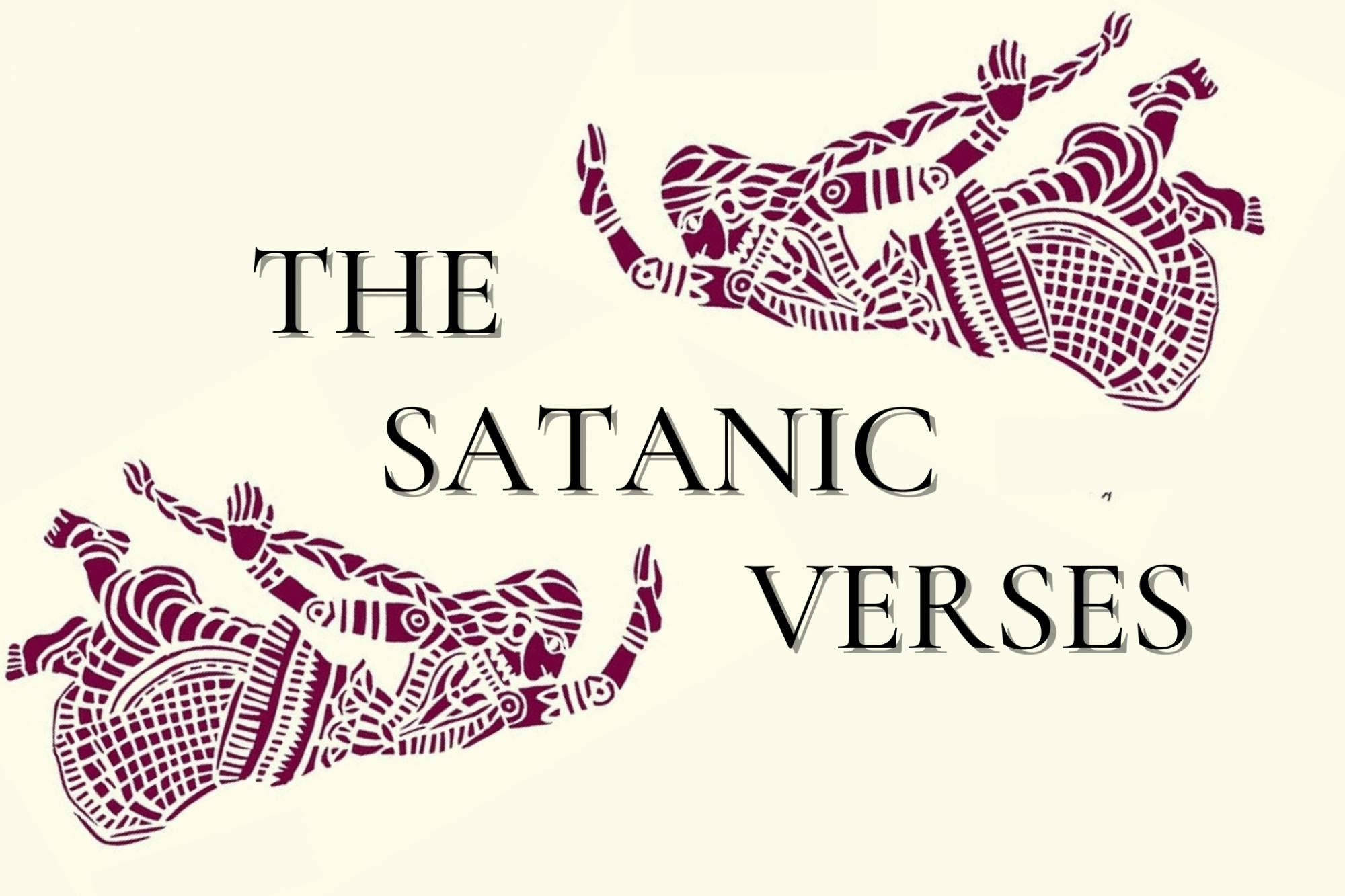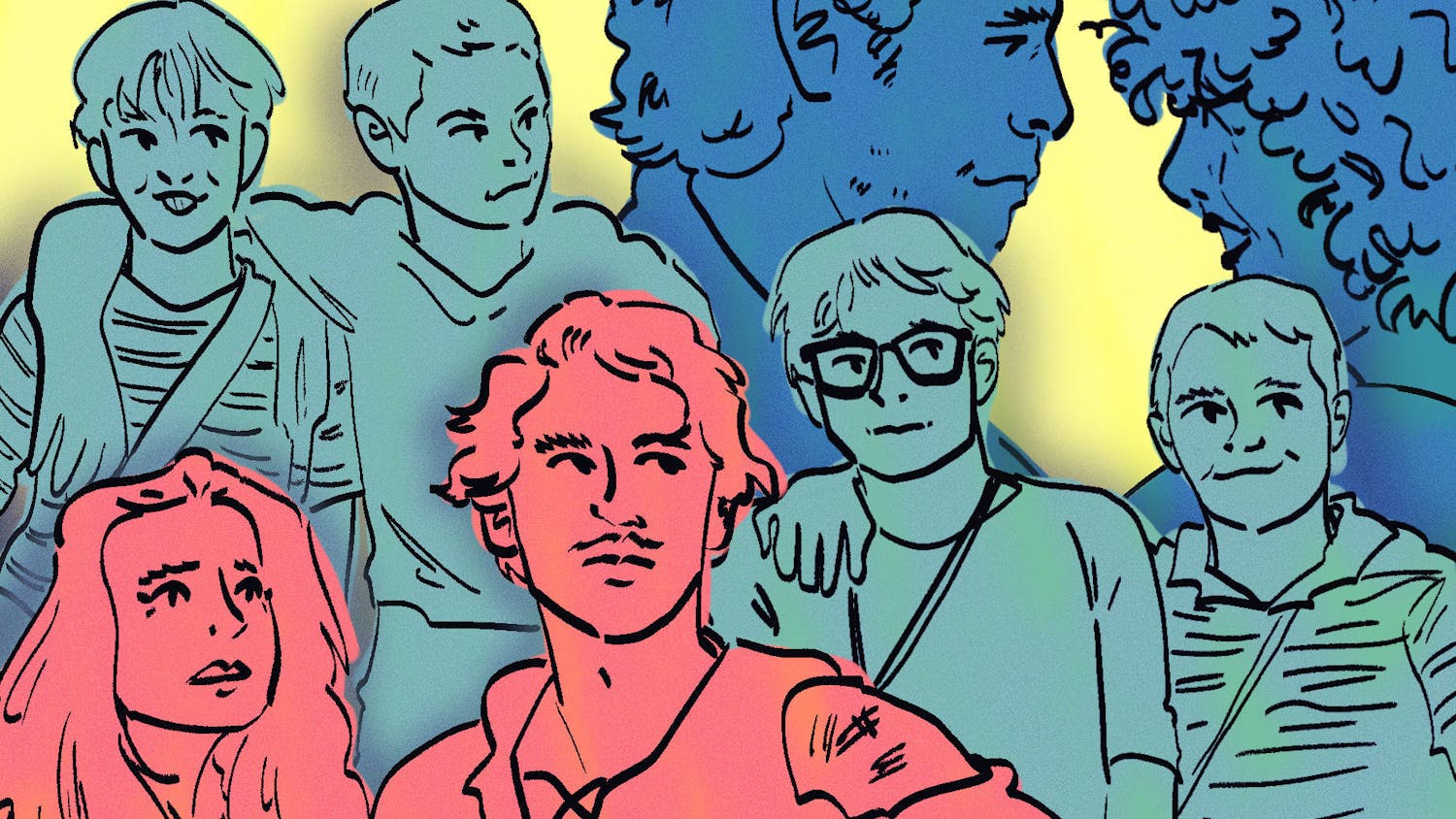On Aug. 12, 2022, world renowned Indian-British-American author Salman Rushdie was stabbed repeatedly in an assassination attempt at a conference in New York. He was slated to present his thoughts on freedom of speech as an exiled author in America. He was initially exiled from Iran and targeted due to his depiction of the Prophet Muhammed in his book “The Satanic Verses,” which was released in 1988. Growing up in a liberal Muslim family, Rushdie now firmly considers himself to be an atheist — a conversion which is not taken lightly in the Islamic faith.
Although expected to live, Rushdie is still in grave condition after the recent stabbing — having completely lost vision in one eye and mobility in one hand, in addition to suffering from over 16 stab wounds in his back and chest. The recent near-fatal attack on the author stems from a long history of violent backlash that Rushdie has received. After the novel’s publication in 1988, Ayatollah Khomeini of Iran issued a fatwa — a religious edict — ordering Muslims to execute the author for the novel’s blasphemous depictions of the Islamic faith. Despite repeatedly expressing remorse for the distress that his novel has caused to Muslims, Rushdie has continuously faced death threats.
Rereading the groundbreaking novel which prompted this violent assault, “The Satanic Verses,” provides key insight into the long history of political controversy surrounding the author’s works. Though all violence should be condemned, after reading the novel in the context of the political controversy around it, one can see how objections to the novel on the basis of offensive portrayals of the Islamic faith are not entirely unfounded.
“The Satanic Verses” follows the tumultuous journeys of two archnemeses: theological movie star Gibreel Farishta and voice actor Saladin Chamcha. Rushdie is well known for combining magical realism and historical fiction, creating socio-political commentary on the tension between Eastern and Western religious ideologies. This novel is no different, opening with the two enemies falling from a plane, bombed by terrorists, into the city of London. During their descent, Gibreel transforms into a haloed archangel while Saladin transforms into the devil with the features of a goat.
The novel draws inspiration from the Islamic legend in which the Prophet Muhammed receives “gharaniq verses,” ostensibly sent from God but truly fabricated by the devil. The title, “The Satanic Verses,” reuses the name that Western academics have ascribed to the motif of the devil’s deception, immediately affronting the Muslim reader with sacrilege. For this reason, the novel has been widely interpreted as portraying the Quran’s verses as the work of the devil — a grave insult to the fundamental structure of Islam.
Additionally, the characters undergo mythological transformations throughout the novel, with both Gibreel and Saladin oscillating between periods of belief and disbelief in God. At one point, while Gibreel is still adjusting to his new powers, he compares God’s voice coming out of him to vomiting.
“Gibreel appeared to the Prophet and found himself spouting rules, rules, rules, until the faithful could scarcely bear the prospect of any more revelation,” Salman said. “Rules about every damn thing, if a man farts let him turn his face to the wind, a rule about which hand to use for the purpose of cleaning one’s behind.”
It’s clear that Rushdie’s satirization of the origin of the Qur’an’s verses, particularly coming from a character with the same first name as the author, could enrage a devout Muslim. There is a clear parallel between the author and the character Salman the Persian — the highly educated immigrant who serves as the Prophet’s official scribe and who begins to modify and “pollute” the Book of Revelation by writing it in his own words. Salman the Persian loses his faith when he begins to view God as a businessman: a “highly corporate, if non-corporeal” figure, echoing Rushdie’s own atheist stance. He waits for the Prophet to kill him out of revenge for his “blasphemous” rewriting of the Book, a direct parallel to the assassination attempt on Rushdie.
Throughout the novel, Rushdie critiques the hypocrisy he perceives in Islam. Rushdie portrays the Prophet conveniently receiving verses from the archangel only when he needs divine support to back his own selfish opinions and desires — such as when he claimed the archangel told him to exonerate his wife of allegations of adultery because he wanted to continue sleeping with her.
This narrative fluidly shifts between the realms of dreams and reality, making it difficult to distinguish between what is actually happening and what is being imagined. Indeed, Gibreel and Chamcha are often perceived as mentally ill by their respective communities, with Gibreel undergoing treatment for schizophrenia.
Both of the book’s protagonists are fantasy weavers who struggle to understand their true identities. The ambiguity of their new roles as the “mirror-selves” of the archangel and the devil places the satirical characterizations of these venerated Islamic figures in a sort of undefined limbo. For Muslims, this murky satirization of important figures could be perceived as extremely threatening to their ideologies.
While the controversy surrounding the novel is primarily religious, the Quran-focused plotlines are also deeply intertwined with political themes of gender and race. Both of the central characters take turns embodying the strength of the Indian Muslim immigrant in London, hoping to inspire other people of color and reshape English society by ending police brutality and the socioeconomic oppression of racial minorities. At the end of the book, Gibreel and Saladin return home to India, and Gibreel actually associates the “devil’s verses” and the “devil’s tongue” with English narratives and the English language, drawing him away from his roots and cultural beliefs.
The narrative comes full circle with their return: when trying to get a visa to go back to India to visit his dying father, Saladin faces prejudice at the airport and eventually loses his patience, shouting at the receptionist, “I fell out of the sky because of terrorists, and now because of those same terrorists I have to be insulted by pen-pushers like you.” While the novel is often perceived as extremely anti-Islam, it also counters many of the Western stereotypes of Muslims, including associations with terrorism, and garners empathy for the racism and xenophobia that Muslim immigrants often face in the Western world.
Rushdie claims to have anticipated some criticism from Islamic leaders prior to the release of the book, but certainly not to the extent of the controversy today. However, the reception of “The Satanic Verses” by the Muslim community is actually reflected within the text. There is even a scene where the producer of one of the theological movies Gibreel is set to star in is arrested in New York for the “Satanic sting” of the film’s plot.
It is not an overstatement to say that “The Satanic Verses” is one of the most controversial novels in the literary history of the world. It is important to recognize that even the perception and stigma around a book, not the content itself, can have a monumental impact on a group of people who feel their identities or beliefs are being challenged. At the same time, a close analysis of the text itself reveals that the depiction of the Islamic faith is not black and white. The novel is carefully satirized with poetic language and an attention to detail which shows a real understanding and respect for peoples’ lived experiences.
Rating: ★★★★☆




